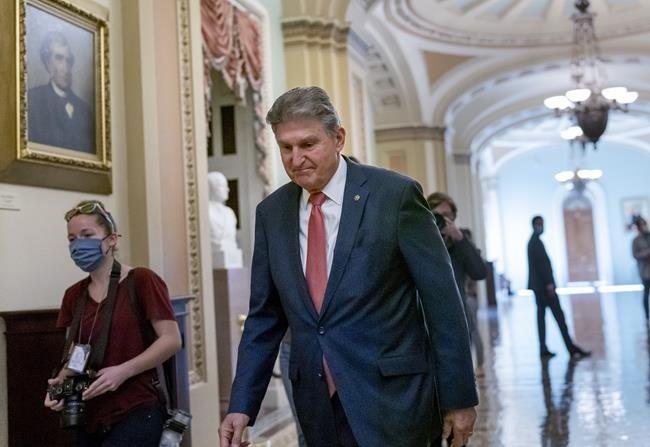The Inflation Reduction Act (IRA) of 2022 will help to finance struggling nuclear reactors and could save dozens of them from being shut down early thanks to a 10-year production tax credit.
The $433 billion IRA, which was negotiated chiefly by U.S. Sen. Joe Manchin (D-W.Va.) with Senate Majority Leader Chuck Schumer (D-N.Y.), has been touted by Democrats as a way to fend off rising inflation, trim the federal deficit, and reduce carbon emissions while bolstering investments in domestic energy production and manufacturing.




